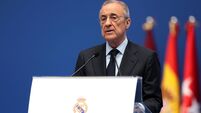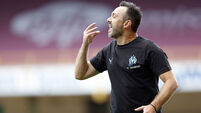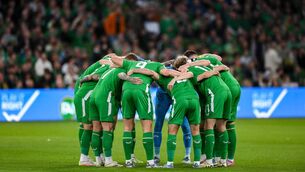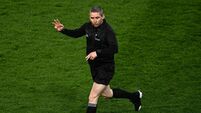Paul Rouse: Cruel lack of humanity in the squabble over Sala
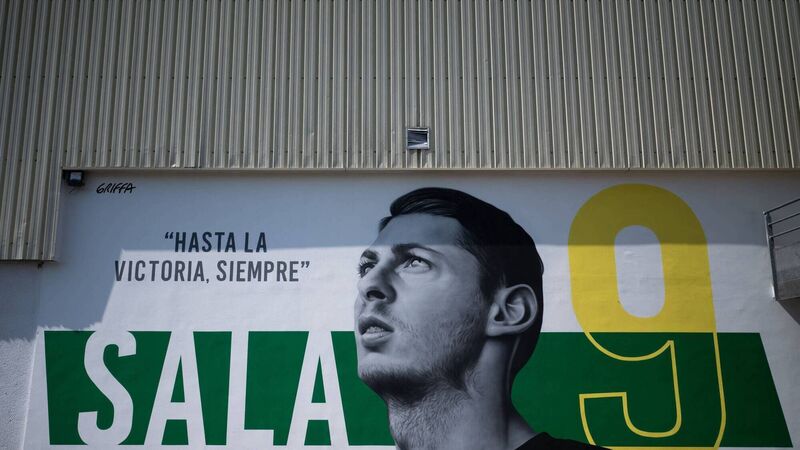
TRIBUTE: A mural by Argentinian artist Gabriel Griffa paying homage to late Argentinian football player Emiliano Sala in Carquefou, western France.
Picture: LOIC VENANCE/AFP via Getty Images)
Something cruel runs through the press release that the Court of Arbitration for Sport (CAS) put out last Friday.
The cruelty began with the headline: ‘CAS dismisses the appeal filed by Cardiff City FC and confirms that the transfer of Emiliano Sala had been fully completed prior to his death.’





